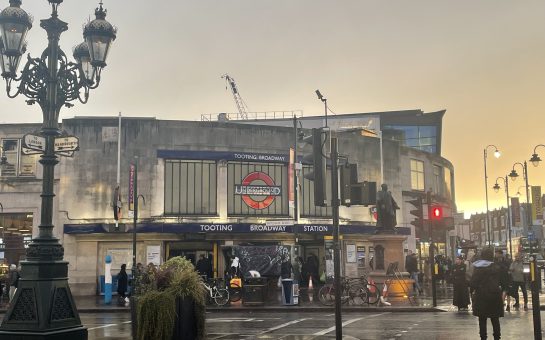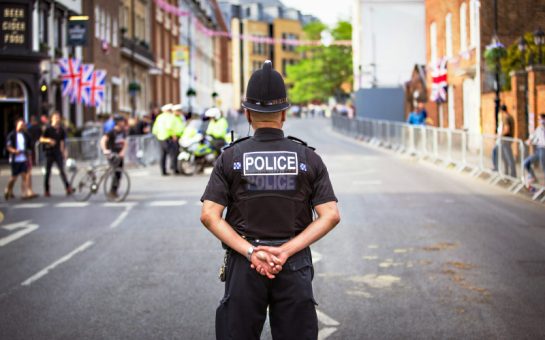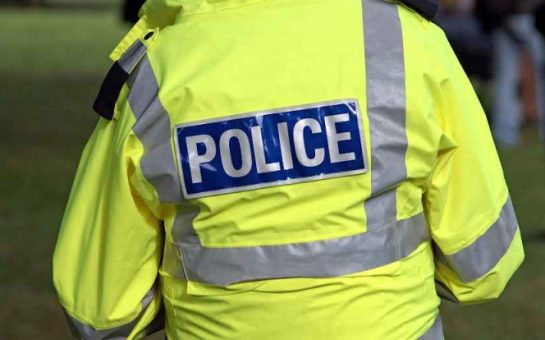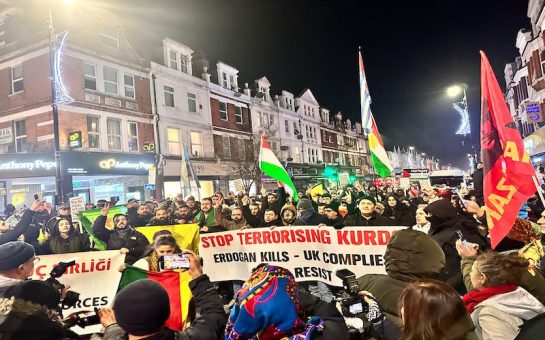Hope House in Wandsworth is leading the fight against drug addiction among women.
London was given the unwanted title of Europe’s drug capital for the second year running in May, but police and community services are doing their best to crack down hard on the trade.
At the forefront of this is Hope House – a 22-bed women-only rehab facility run by the charity Action on Addiction.
It provides a safe and secure place for women to undergo a 12-24 week treatment programme to get off their drug and alcohol dependences.
The centre’s head of service, Nicola Schlesinger, said: “Most of the women have reached rock bottom.”
She said some of their patients have come from straight from prison, many have suffered violence and abuse from childhood, and a few have lost children to the system due to their addictions.
As a result, most arrive at Hope House wanting to be there – or at least knowing they need to.
When women arrive they work on an approved rehabilitation plan and treatment programme based on a 12-step abstinence model, supplemented with regular exercise and art therapy.
It does not operate in isolation either, working closely with local authorities, drug and alcohol teams and Action on Addiction.
They also have a comprehensive after care programme to support women after they leave the centre.
“I wish I could say we were 100% successful but I can’t,” she replied.
“Addiction is something people have to work with for the rest of their lives.”
Since it opened in 1988, Nicola says Hope House have seen a change in the types of addictions they treat.
Almost 30 years ago, the majority of women suffered from heroin and crack cocaine addiction.
Now they see increased numbers of women for alcohol and prescription drugs – a shift, she suggests, that can attributed to the easy accessibility that the internet offers addicts.
The police services in south west London are also stepping up their efforts to combat the drug trade’s impact on the community.
Over the summer more than 100 officers took part in a meticulously planned series of crackdowns across south west London, codenamed Operation Dibbin, to weed out organised criminal gangs and the violence they bring with them.
Months of complaints from residents about threatening behaviour, noise and violence spurred the police into action.
Furzedown ward officer PC Lucy Hartshorn, 28, said: “To the public it’s looked like we haven’t really done anything, but a lot of work has been done behind closed doors.
“There were frequently large groups of people blocking pavements, parking vehicles, and playing loud music and it’s not nice for residents nearby when it’s at all hours of the day.”
Police recovered stashes of class A and B drugs, combat knives and more than £1000 in cash from an innocuous looking Caribbean take-away near the scene of a recent fatal stabbing.
But, with the popularity of cocaine, MDMA and newer street drugs soaring, police and Hope House are fighting against the tide in the battle to rid south west London of the effects of the drug trade.




